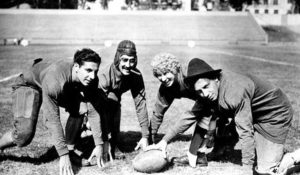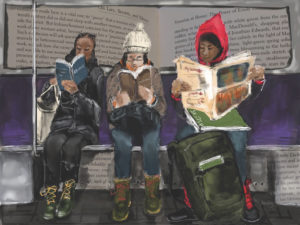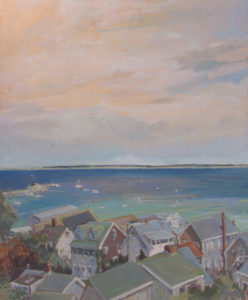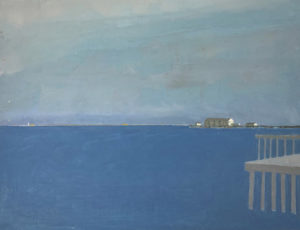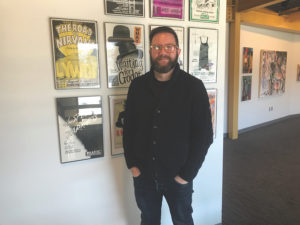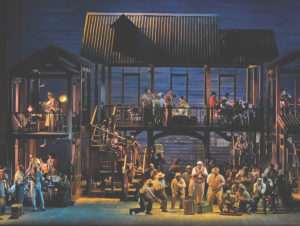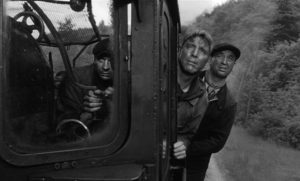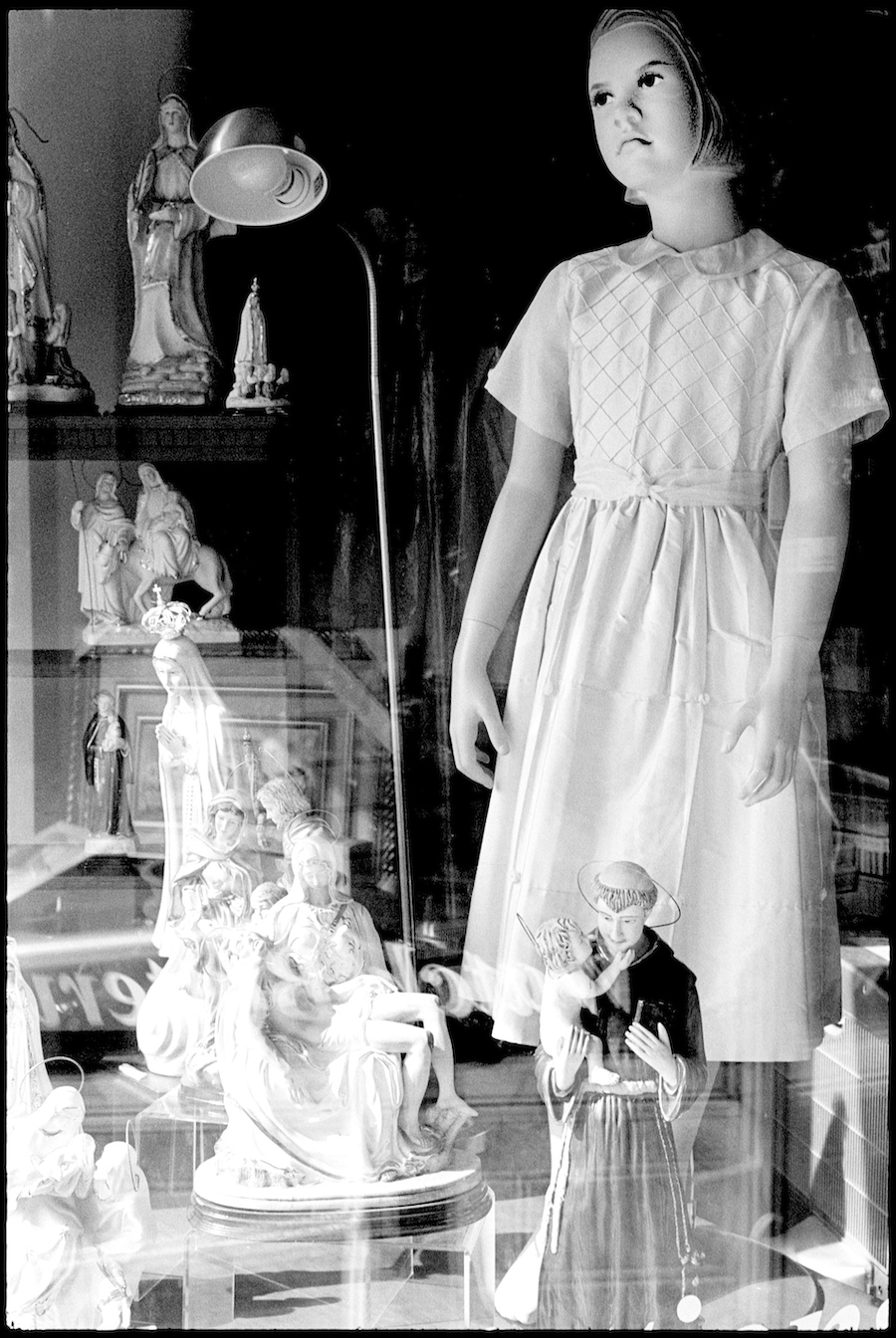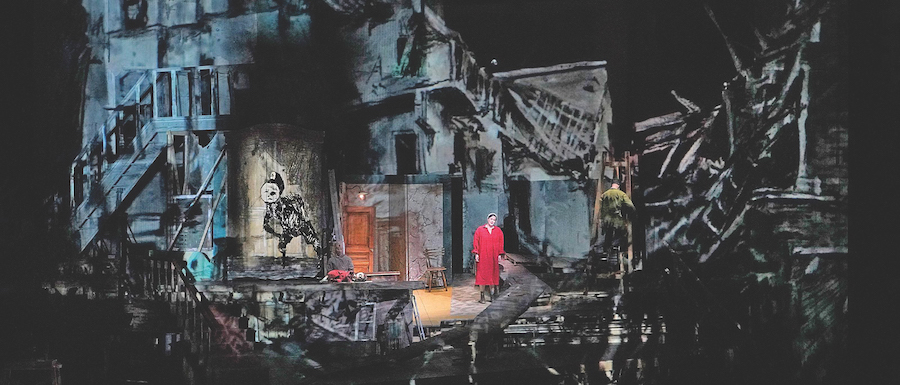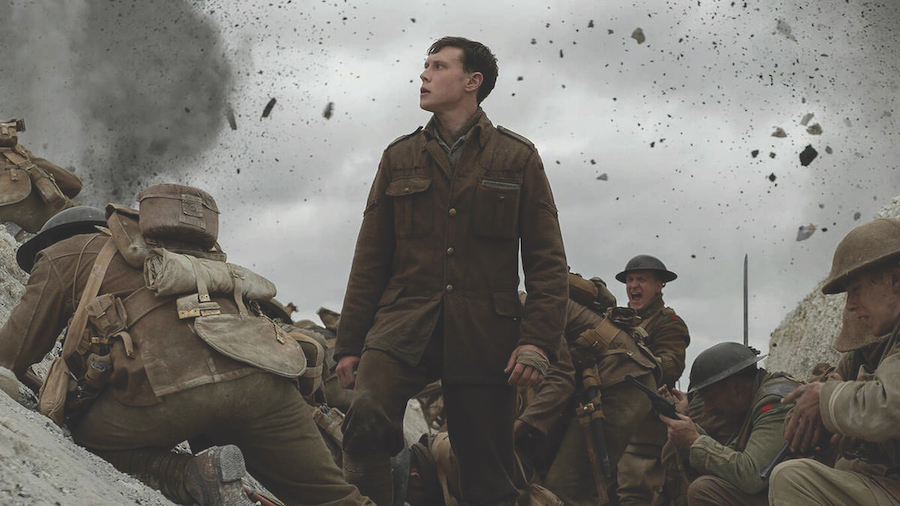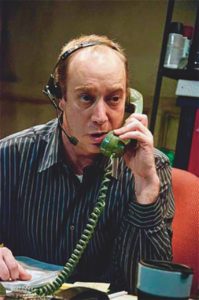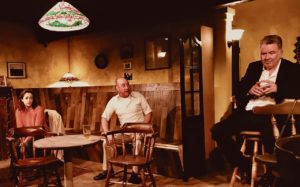A theatrical warning about fascism and liberal complacency was performed on 21 stages across the country one week before the national election of 1936. The play was It Can’t Happen Here, adapted by Sinclair Lewis and John C. Moffitt from Lewis’s novel of the same name. It was seen by nearly 400,000 people.
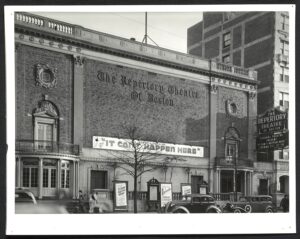
Renditions included a Yiddish performance in New York, a Spanish version in Tampa Bay, and a Seattle production where a nearly all-Black cast took the stage — the only white characters were the villains.
The plot: Sen. Berzelius “Buzz” Windrip defeats President Franklin D. Roosevelt in the 1936 election on a populist anti-immigration platform, garnering the support of the nation’s “forgotten men.” Once in power, Windrip effectively dismantles Congress and establishes authoritarian rule.
The plot sounded familiar to author James Carroll, a founding member of the national group Writers for Democratic Action (WDA).
In an homage to the 1936 production, WDA — which originally formed to oppose Trump’s re-election in 2020 — is helping organize staged readings of a new adaptation of Lewis’s play in 19 states, including at the Wellfleet Harbor Actors Theater. The title is It Can’t Happen Here — Again.
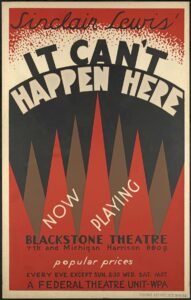
The performances, with one exception, will be on July 19, the day after former President Donald Trump’s nomination at the Republican National Convention. (There will be a July 18 reading in Milwaukee, the site of the convention.)
The Wellfleet reading, at 4 p.m., will have six actors, Laura Esterman, Dennis Cunningham, Brenda Withers, Sallie Tighe, Robin Bloodworth, and John Rothman, directed by Jeff Zinn. Nationally, performances will happen in libraries, parks, and churches in addition to local theaters. Carroll hopes informal readings will also occur in living rooms and back yards.
“The beauty of it is it’s totally democratic,” Carroll says. “All it takes is five people reading from scripts. The point is: Trump got nominated last night. Now what?”
The original play couldn’t be reproduced exactly for copyright reasons, according to Carroll. Instead, the adaptation’s authors — Carroll, Wesley Savick, and Rachel DeWoskin — used the original script as a starting point.
The three writers collaborated over Zoom. The completed script is in conversation with the past. “It’s the fascists of 1936 against the foil of our own personal fascist in 2024,” Carroll says.
The adaptation moves quickly through the thick plot of Lewis’s original play by weaving in historical and contemporary fascist threats. The dialogue bounces between the actors, who will rapidly take on a variety of fictional roles from the original play, like Windrip, as well as real ones like Roosevelt and, of course, Trump.

The succinctness of the adaptation may help avoid the pitfalls of longwinded past rewrites, according to Zinn. The readings will run 30 to 40 minutes. “Getting the right tone and finding the irony in some of the lines is something to pay attention to and tease out,” Zinn says. “It’s rapid fire, as I envision it.”
At WHAT, the reading will conclude with a 45-minute talk led by Carroll, who will ask for reactions to Trump’s nomination and offer an organizing “toolkit” with resources for the upcoming election.
“We should take this man at his word,” Carroll says of Trump and his rhetoric. “We must go to the barricades, only in our case our barricades are the ballot box.”
Carroll hopes that the July readings will “generate interest, especially after Labor Day, among high school students and college students.” WDA plans to do another round of readings on Oct. 27, exactly 88 years to the day from the original productions and a week before the 2024 election.
Lewis’s work has had a resurgence since Trump’s political rise. In 2017, the original novel briefly became an Amazon bestseller. WHAT staged an adaptation in October 2016. “This is familiar territory for us,” says Christopher Ostrom, the producing artistic director at WHAT. He adds that, while in 2016 the play felt like “a cautionary tale,” today the plot seems “more like vivid history being painted in front of us.”
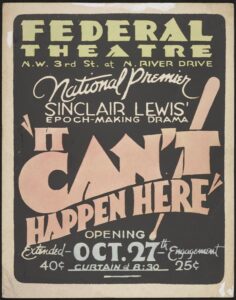
Zinn added an extra part to Carroll’s script, expanding the play to have gender parity among the actors and reassigning the lines in the script accordingly.
Actor John Rothman says he was looking for a way to make a difference. “I’m extremely concerned about the next election and what the stakes are,” he says. “There’s always the question: what can you do?”
Rothman acknowledges that in Wellfleet, where nearly 80 percent voted for Joe Biden in 2020, the performance may be preaching to the choir. It will be more about mobilizing the audience than convincing them, he says.
“This is not inevitable,” Rothman says, adding that he believes live theater is particularly important now. “People need to feel that we’re in this together.”
It’s Happening Here
The event: A staged reading of It Can’t Happen Here — Again
The time: Friday, July 19, 4 p.m.
The place: Wellfleet Harbor Actors Theater, 2357 Route 6
The cost: Free, advance registration recommended at what.org








